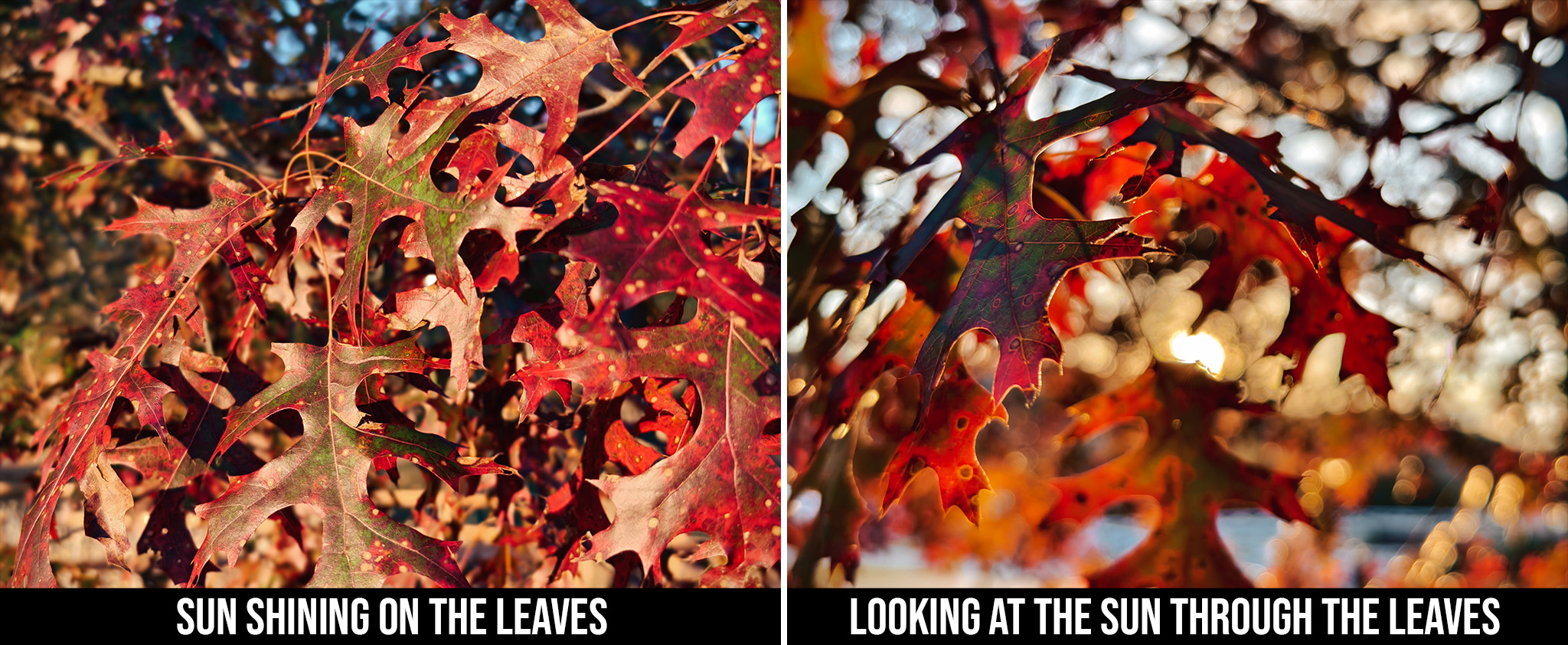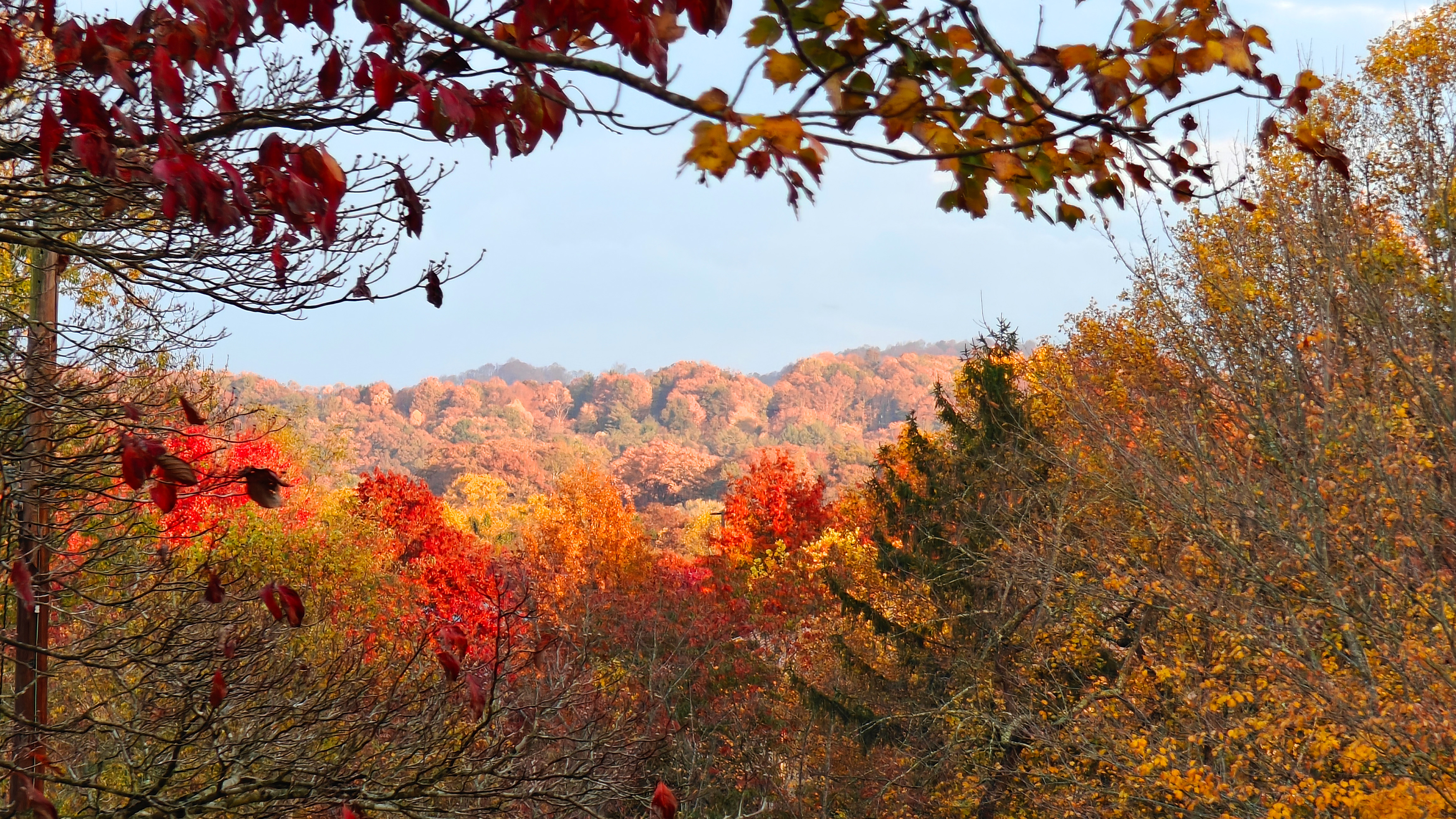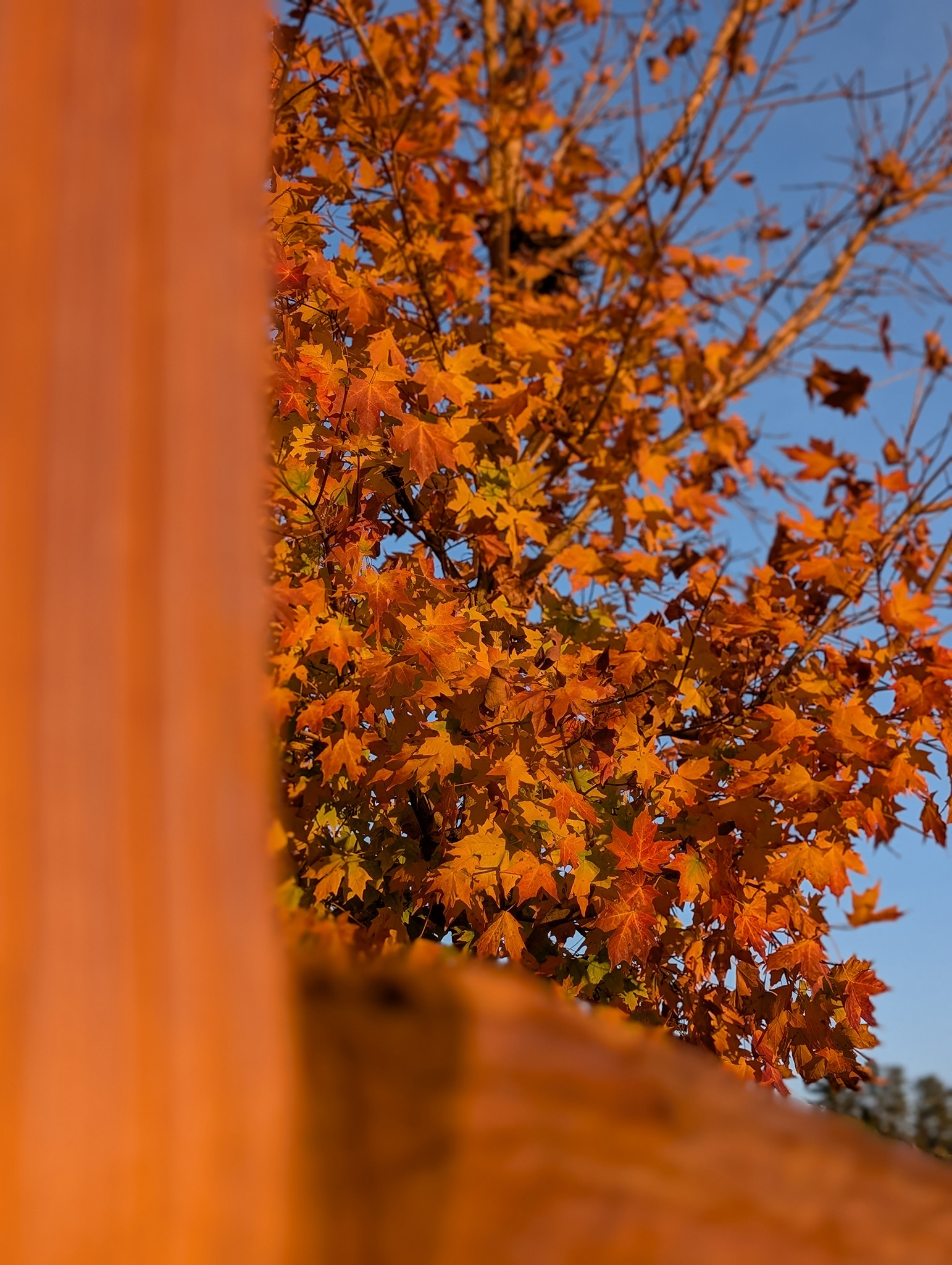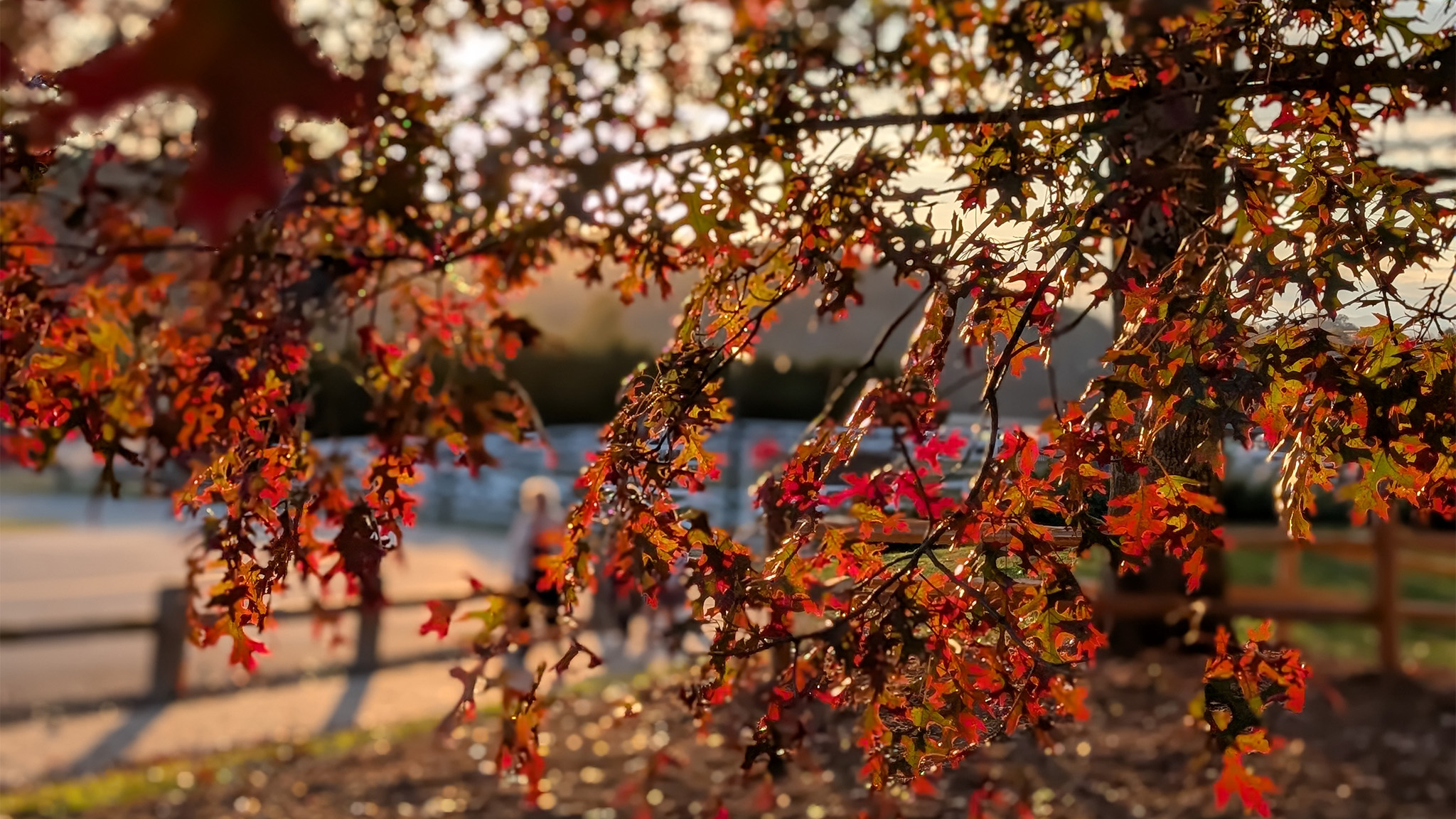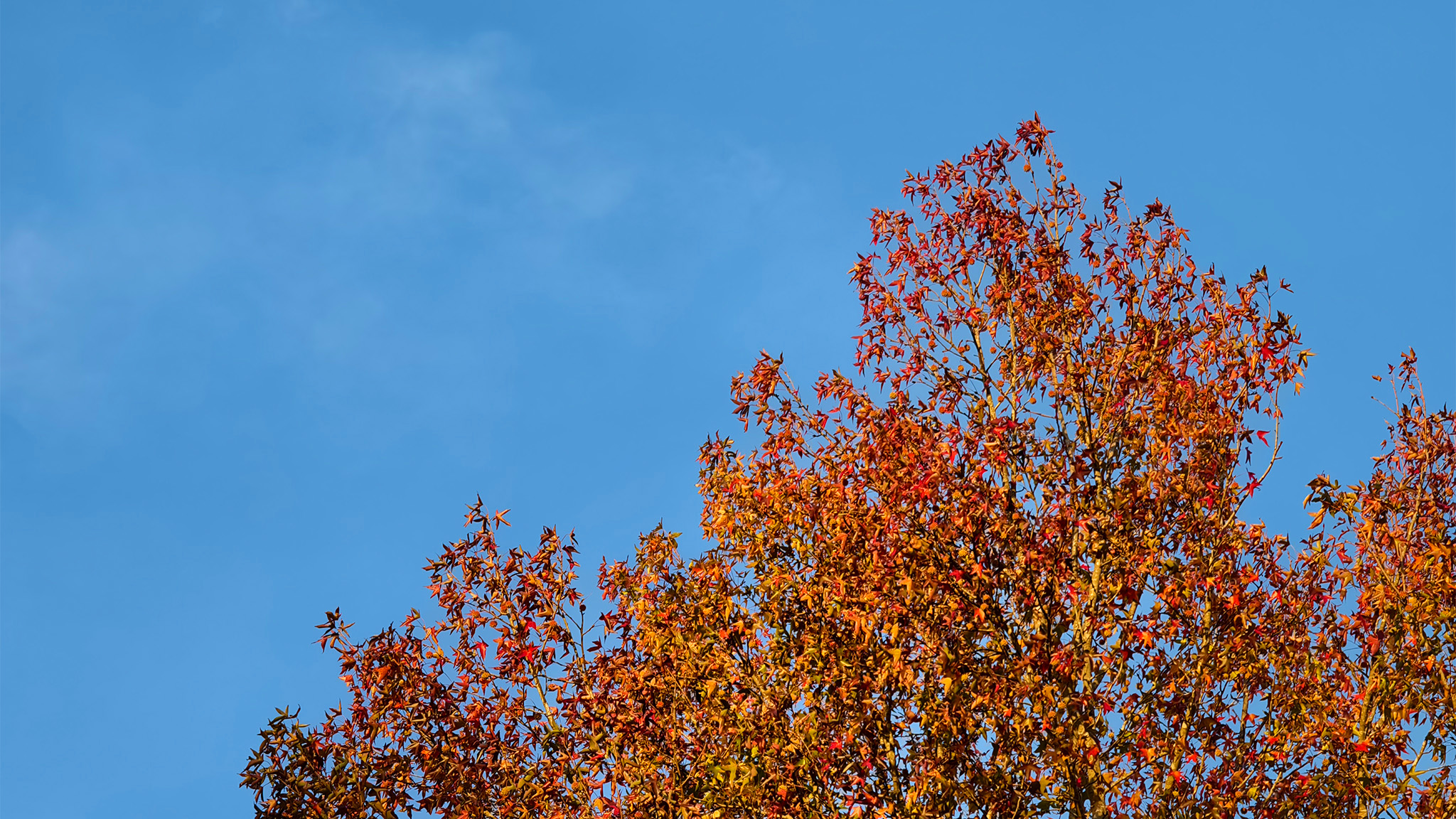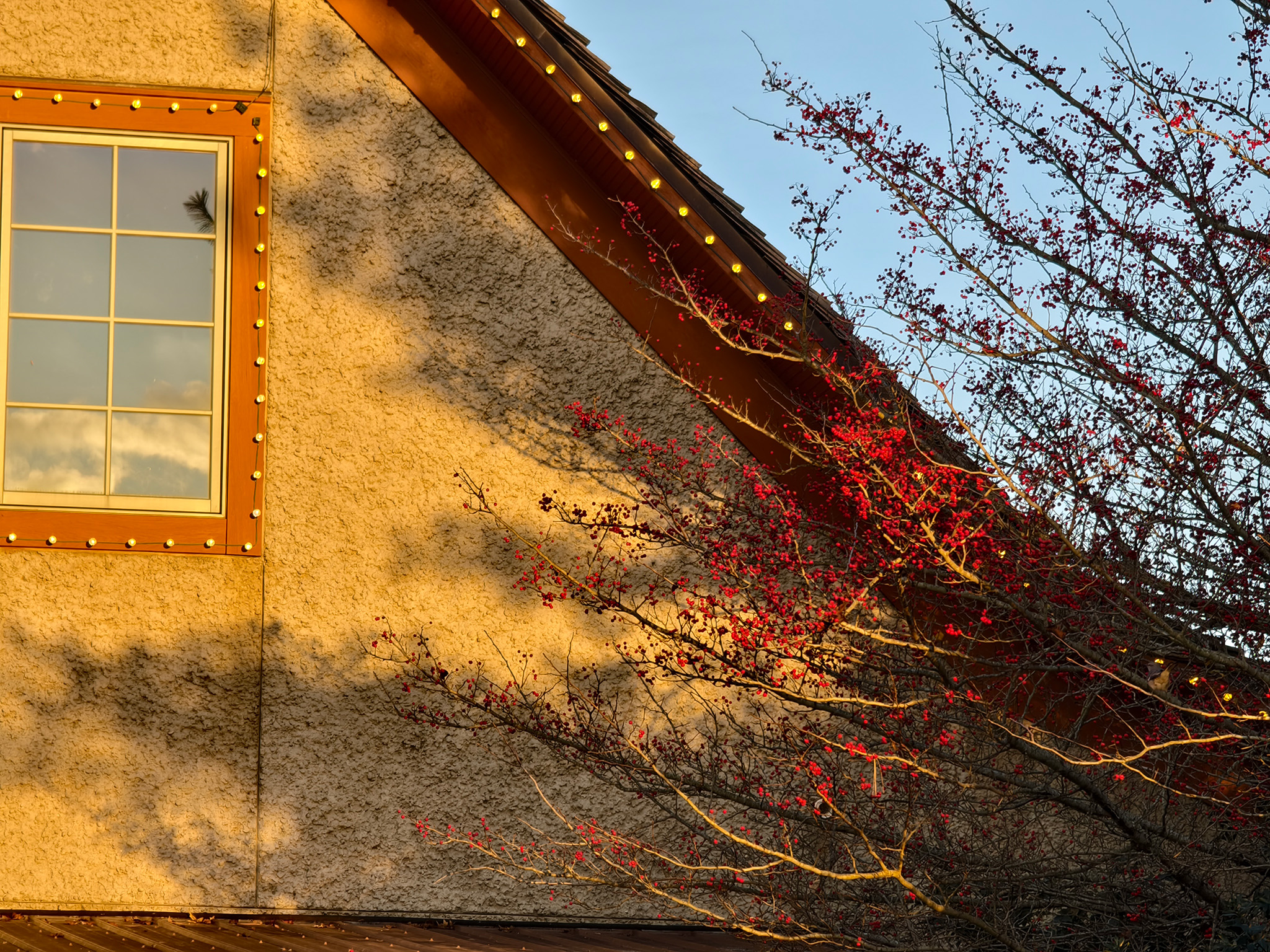Catch the last rays of golden fall color during Golden Hour
Golden Hour can help you capture the beauty of fall, even when the colors are fading.
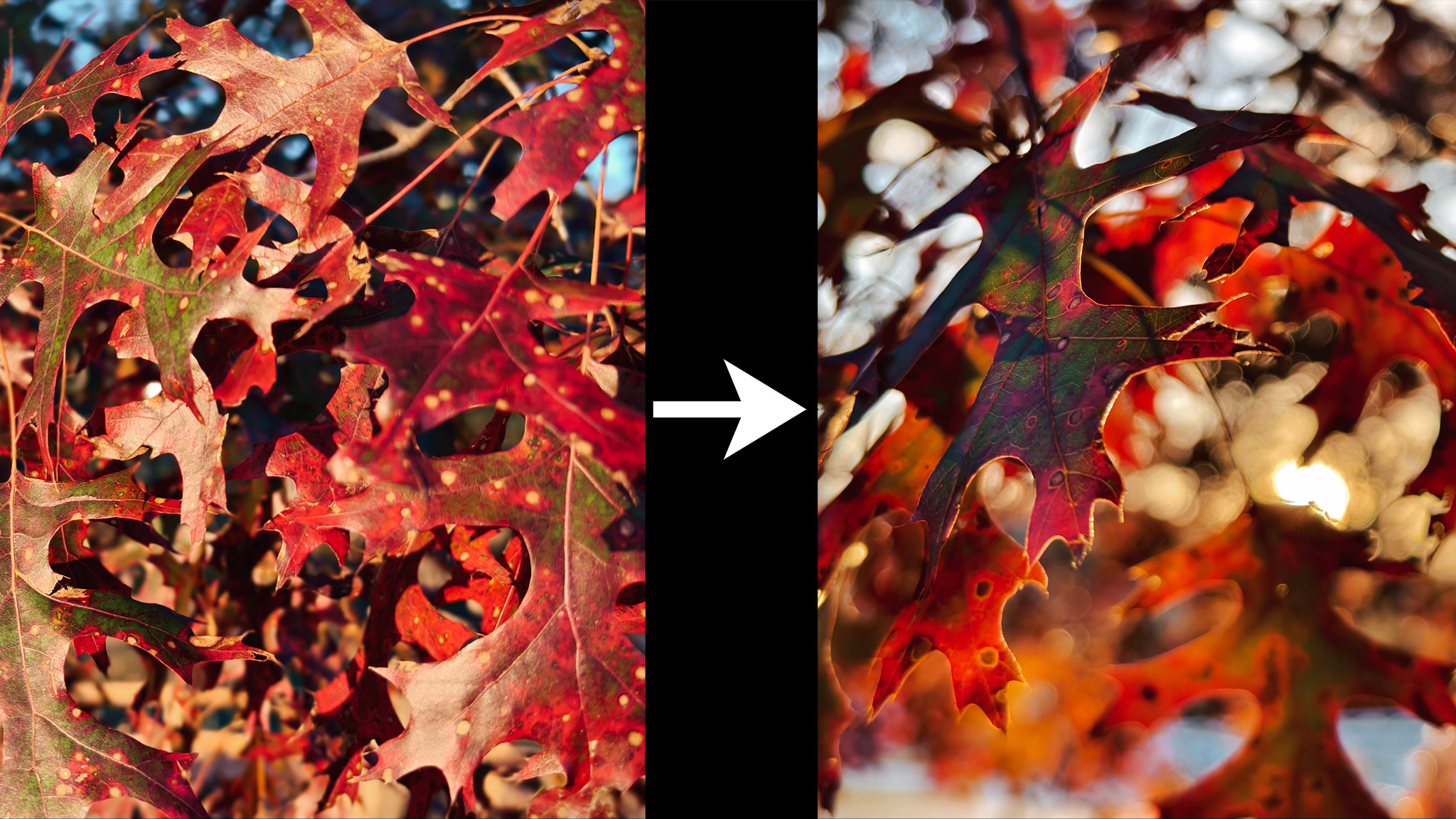
Fall is my favorite season of the year, but orange, yellow, and red canvas is only around for a depressingly short period of time. Now that we're at the tail end of peak autumn colors in most locales, there's still one way to capture the fading golden glory: Golden Hour.

Android Central Labs is a weekly column devoted to deep dives, experiments, and a focused look into tech you didn't know you needed. It covers phones, tablets, and everything in between.
Named for the distinct gold hue the Sun delivers at the end of the day, Golden Hour can transform your fall photos into something far more dramatic and stunning than they would when taken even just an hour earlier in the day. It's also known in the cinematography world as Magic Hour since the Sun's luminance often matches the luminance of human-made light sources like street lights and signs.
But "Golden Hour" isn't a contiguous hour, despite the name. Its duration depends entirely on where you live and the time of year, split between morning and evening. According to this handy Golden Hour calculator website, the Golden Hour where I live only lasts around 35 minutes in the morning and another 35 minutes in the evening in early November. This doesn't change much throughout the continental U.S., but it might be different for you.
So go ahead and look up when your Golden Hour occurs, find a spot where you've still got some beautiful fall foliage, and follow me below for a few quick tips on how to best capture the mood with the best Android camera phones.
Golden Hour goodness
Taking any picture during Golden Hour can automatically make it feel more fall-like, but there are a few things I recommend trying to further enhance the unique qualities of the light during this brief moment in time.
Since Golden Hour focuses so heavily on the waning (or beginning) light, the unique color, ambiance, and long shadows all help to deliver a special quality that's worth harnessing in your photos. For example, a photo of a colorful oak or maple leaf looks nice enough with the golden light, but getting behind the leaf to see the Sun shine through the leaf can be even more beautiful.
Leaves change color in the fall because the chlorophyll that usually makes them green isn't being made by the tree anymore, causing the other colors to shine through. This also gives the leaves a more transparent quality, helping the sun glow through them in a way that looks uniquely autumnal.
Get the latest news from Android Central, your trusted companion in the world of Android
During Golden Hour, the sun's light is dimmer and warmer because of the curvature of the Earth. Following the strongest bits of light left and contrasting that with dimmer surrounding light is a great way to further enhance the colors you're seeing.
In the photo above, taken with a OnePlus 12, I was looking through the tree canopy lower down to see the sun beaming its rays onto a higher elevation. Since the sun is behind me and the hill I'm standing on, my surroundings are dim and less colorful, helping to create more dramatic colors on the horizon.
Portrait mode creates depth
Modern phones all ship with a portrait mode, which uses AI to artificially blur objects and make them appear in or out of focus. While these modes are primarily designed for portrait shots of humans or animals, they can work very well with other well-defined subjects like leaves, trees, acorns, or other fall favorites.
While it sounds backwards at first, partially obstructing your subject is one of the best ways to focus on that subject. You can also use this tactic to frame a subject in a photo similar to what I did with the fence in front of the maple in the photo above.
But the object in the foreground doesn't have to be quite as large or obvious as that one. Anything that helps provide a bit of depth to a photo automatically makes it look more interesting. The purpose here is to make a scene look more like it might appear to the human eye by providing a very specific focal point while everything else is out of focus.
Try to avoid using portrait mode on wide or complex subjects, though. In the photo above, I was trying to capture a wider version of the sun behind the tree's leaves. While the Google Pixel 9 Pro XL has one of the best cameras on any Android phone, even it can deeply struggle to understand what my intent was here and what needs to be blurred.
The result is a mess of an image that doesn't have many of the right things in focus. Remember, while phone cameras are unbelievably good and regularly capture images that look like they're from a more expensive, dedicated camera, they're still only trying to imitate those cameras.
Since software is trying to emulate the way light travels through a physical lens, some phones just perform this trick better. I've found that the Vivo X100 Pro captures photos that look more like they came from a DSLR than any other phone I have in my possession.
Contrasting colors and shadows
One of the best ways to make fall foliage pop is to capture a vibrant tree canopy against the cool, deep blue of the evening sky. During Golden Hour, you might notice that the sky's blue is extra bold, while the warmer rays of the sun help highlight the comforting tones of Fall foliage.
Putting opposites next to each other is a classic photography term called juxtaposing, and it's often used in stories and films to highlight stark differences.
Because of the extra dramatic tones created by Golden Hour, these types of juxtaposition feel extra special and often deliver and even grander vision of you beheld in real life.
As the sun sets, shadows begin to get longer and more dramatic than during the day. This tree covered in berries sits behind another tree and might have been overlooked during the day, but during Golden Hour, it comes alive because of the contrast between the other tree's big shadows and the way the light bounces off the vibrant red berries.
Try to find normal spaces where long shadows can paint an interesting picture or help further juxtapose an already impressive view. I also toyed around with taking photos of picnic tables in the area that cast extra-long shadows. Fun ideas like this don't always pan out, but sometimes you just need to change the angle, and a new vision comes to life.
No matter what phone you're using to take a photo, Golden Hour can help make the most of the waning Fall foliage and create memories that'll be worth framing or using as a wallpaper for the remainder of the season.

Underrated camera champ
The OnePlus 12 may not be on your mind when you think of the best Android camera phones, but the Hasselblad-tuned cameras ensure this phone can take some very impressive photos in just about any scenario.

You must confirm your public display name before commenting
Please logout and then login again, you will then be prompted to enter your display name.
